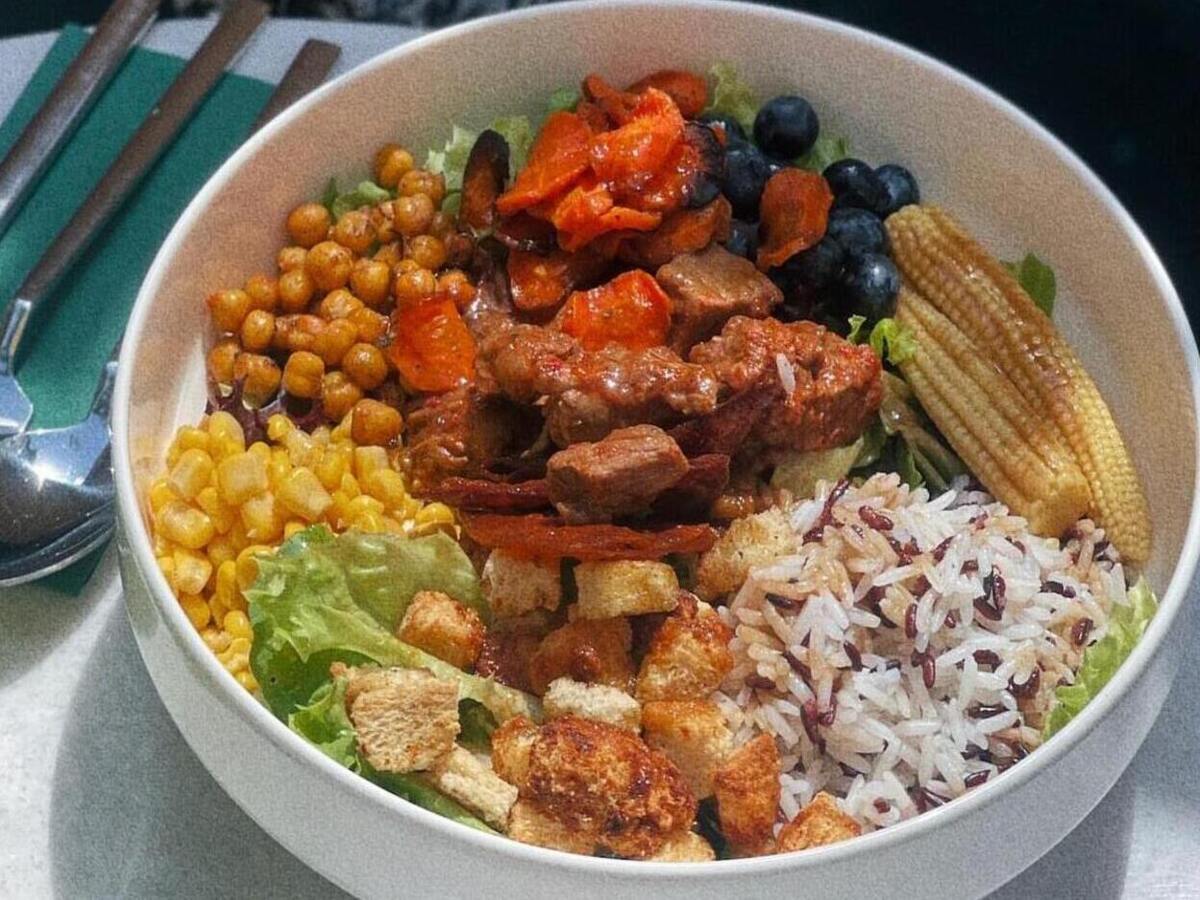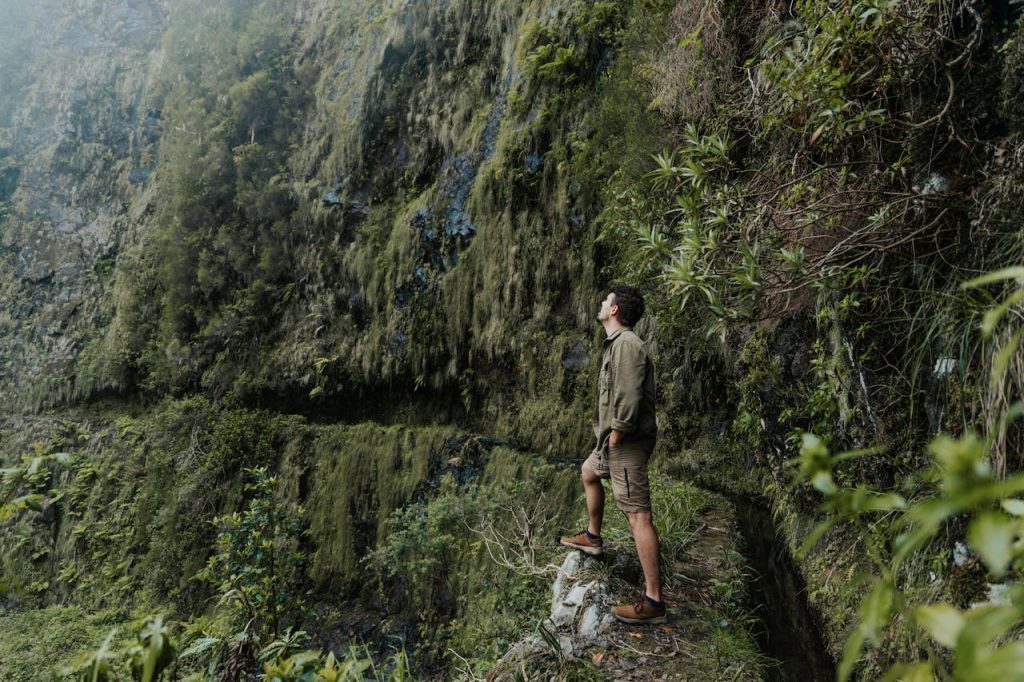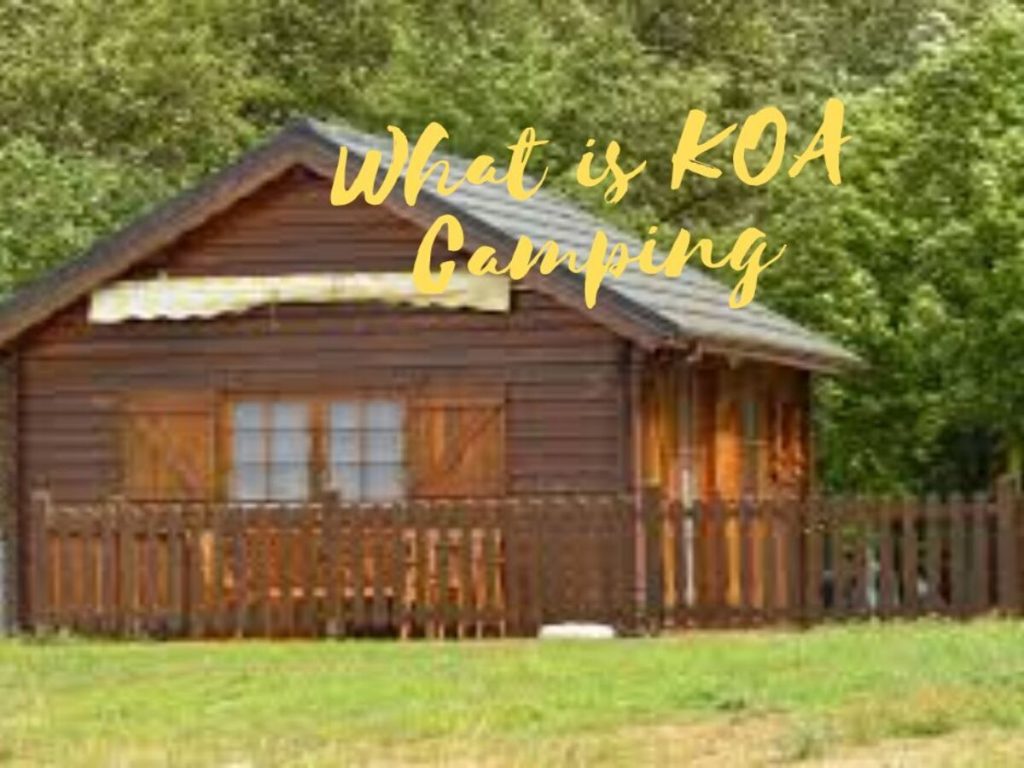Are you planning a hike soon? Remember to pack your snacks and meals! Proper nutrition is essential for a successful hiking trip, from start to finish. Whether planning a short day hike or a multi-day trek, what you eat before, during, and after your hike can significantly impact your energy levels, endurance, and overall enjoyment. In this article, we’ll explore the different stages of a hike and provide tips on what to eat to fuel your body and ensure you have the energy you need to conquer your next adventure. So lace up your hiking boots and get ready to discover the best foods to fuel your body before, during, and after your hike!
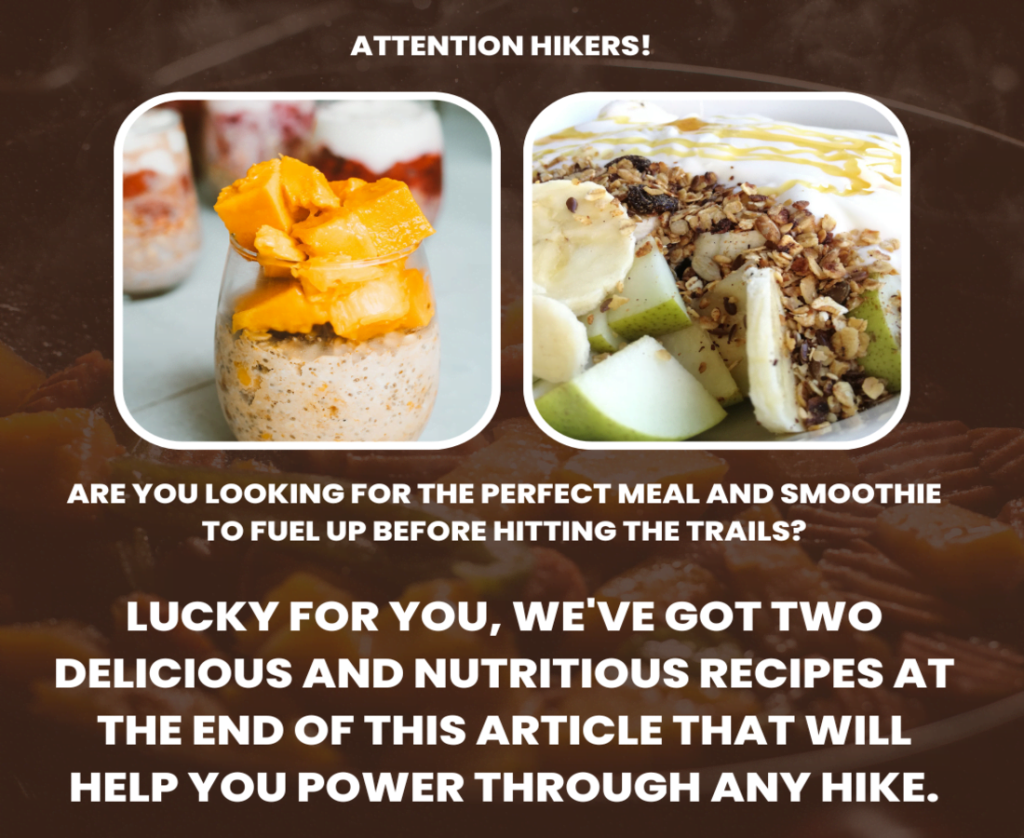
What to Eat Before a Hike
Table of Contents
ToggleFueling before a hike is vital for a triumphant and enjoyable outdoor adventure. You want to stay energized halfway through your hike and avoid dehydration. Eating foods that provide sustained energy and keep you hydrated before hitting the trails is essential. Before your hike, some healthy, high-energy foods, including whole grain toast with nut butter, oatmeal with nuts and nuts, yogurt with granola and berries, or a smoothie with protein powder and spinach. Before your hike, drink plenty of water or electrolyte-rich drinks to keep your body hydrated and ready for action.
How much to eat before a hike
Knowing how much to eat before a hike can be tricky, as you want to fuel your body without feeling weighed down.
Generally, aim to eat your pre-hike meal 1-3 hours before hitting the trails to give your body enough time to digest. Depending on your activity level and personal needs, you’ll aim for around 300-500 calories.
When choosing the right foods, focus on complex carbohydrates and lean protein to provide you with sustained energy. Some good options include whole grain toast with eggs, a breakfast burrito with veggies and beans, or a turkey and cheese sandwich on whole wheat bread.
While fiber is okay, be careful not to overeat before hiking, as it can cause digestive issues. By fueling your body with the right foods at the right time, you’ll be ready to tackle even the toughest of trails.

Wondering What Foods to consume the night before your hike
Wondering what foods to consume the night before your hike? When it comes to pre-hike nutrition, complex carbohydrates should be your go-to. Foods like brown rice, quinoa, sweet potatoes, and whole-grain pasta are excellent sources of complex carbs that can help sustain energy levels and keep you going throughout your hike.
Remember hydration! Drinking plenty of water before your hike is essential to ensure that your body is well-hydrated and ready for the physical demands of the trail. While trekking, strive to consume at least eight glasses of water daily and contemplate drinking an electrolyte-enriched beverage to replenish any lost minerals.
While celebrities might swear by trendy drinks and supplements for their pre-hike routines, it’s important to remember that these products aren’t necessarily essential for everyone. Rather than that, concentrate on consuming foods rich in nutrients, which provide your body with the necessary energy to function optimally.
Lastly, it’s essential to avoid alcohol the night before your hike. While a glass of wine might seem like an excellent way to unwind after a long day, alcohol can cause dehydration and disrupt your sleep, leaving you feeling tired and sluggish on the trail. Instead, opt for a soothing cup of herbal tea or a refreshing glass of water to help you relax and prepare for your hike.
How can I adjust my morning meal for a hike?
If you plan a hike, starting your day with a breakfast that fuels your body for the journey ahead is essential. The ideal morning meal should be a combination of carbohydrates, proteins, and healthy fats to stimulate energy and keep you satiated.
Avoid sugary or processed foods that can cause a quick spike in blood sugar levels, leaving you feeling lethargic and fatigued. Instead, opt for nutrient-dense foods like whole-grain toast, eggs, avocado, and fresh fruit to give your body the sustained energy it needs to perform at its best.
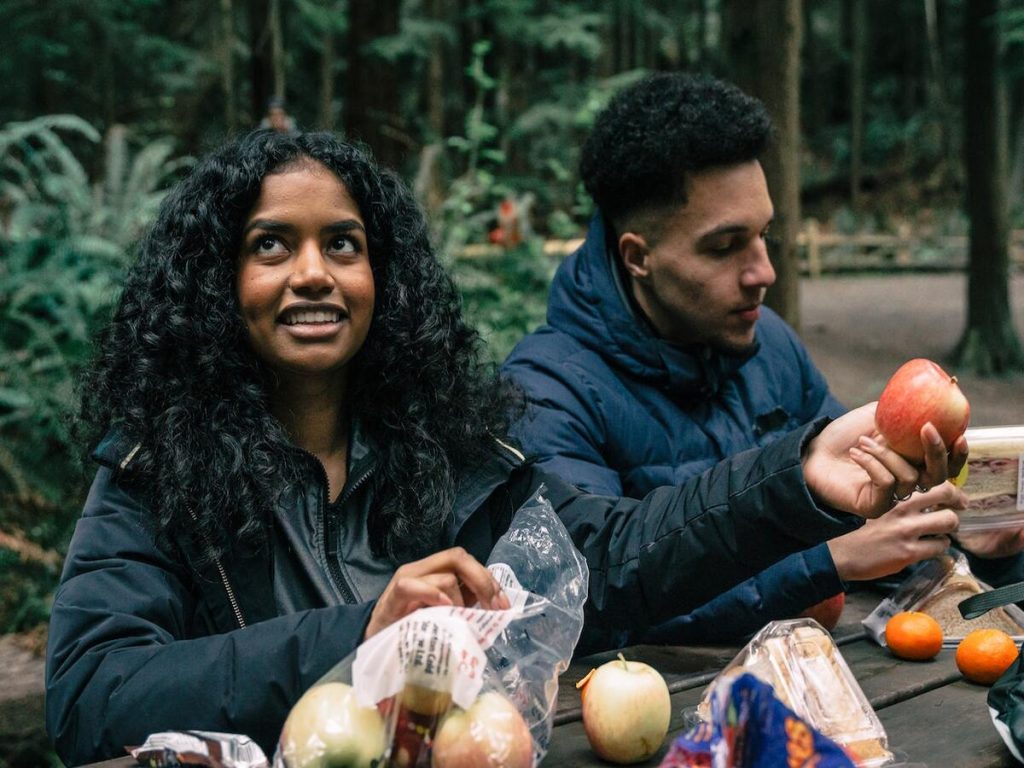
Additionally, consider the duration and intensity of your hike when planning your morning meal. For longer or more challenging treks, you should include foods higher in complex carbohydrates, such as oatmeal or quinoa, to keep your energy levels up for an extended period.
In summary, when adjusting your morning meal for a hike, focus on a balanced combination of nutrient-dense foods that provide sustained energy. Consider the length and intensity of your hike when choosing what to eat. With some planning, you can confidently start your day and tackle any trail.
What to Eat During a Hike
When you’re out on a hike, your body is working hard, and it’s essential to refuel it regularly to keep your energy levels up. Regular snacking during a hike is essential to sustain endurance, stabilize blood sugar levels, and avoid exhaustion.
Portable snacks are an excellent option for hikers because they’re easy to pack and consume while on the move. Some portable, easy-to-eat snacks for hikers include nuts, trail mix, energy bars, jerky, dried fruit, and fresh fruits like apples and bananas. These snacks are energy-filled and provide essential nutrients to keep your body active.
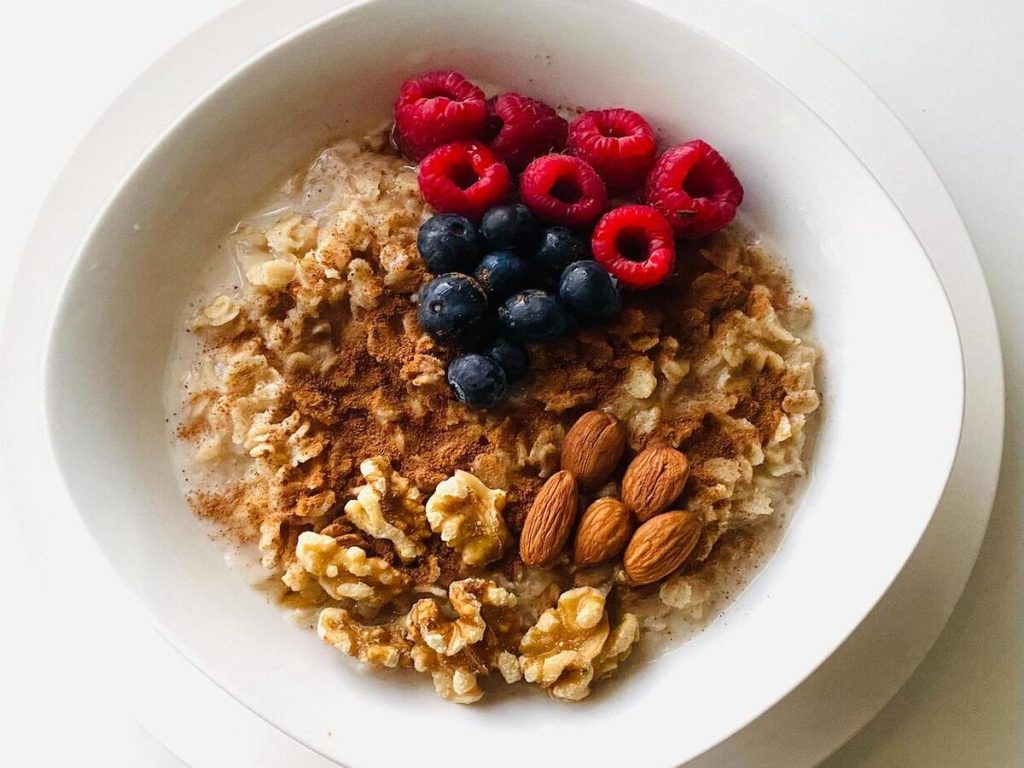
In addition to snacks, it’s crucial to stay hydrated while hiking.
Dehydration is a severe concern for hikers, as it can cause fatigue, headaches, and other health complications.
To stay hydrated during a hike, it’s suggested to drink at least one liter of water every hour of trekking. Electrolyte drinks are also an excellent option to replace lost minerals during a long hike.
Refueling during a hike is vital to maintaining your endurance and preventing fatigue. Portable, easy-to-eat snacks like nuts, trail mix, and energy bars provide essential nutrients while staying hydrated with water, and electrolyte drinks help prevent dehydration.
By keeping these tips in mind, you can ensure you have the energy and hydration you need to complete any hike confidently.
What to Eat After a Hike
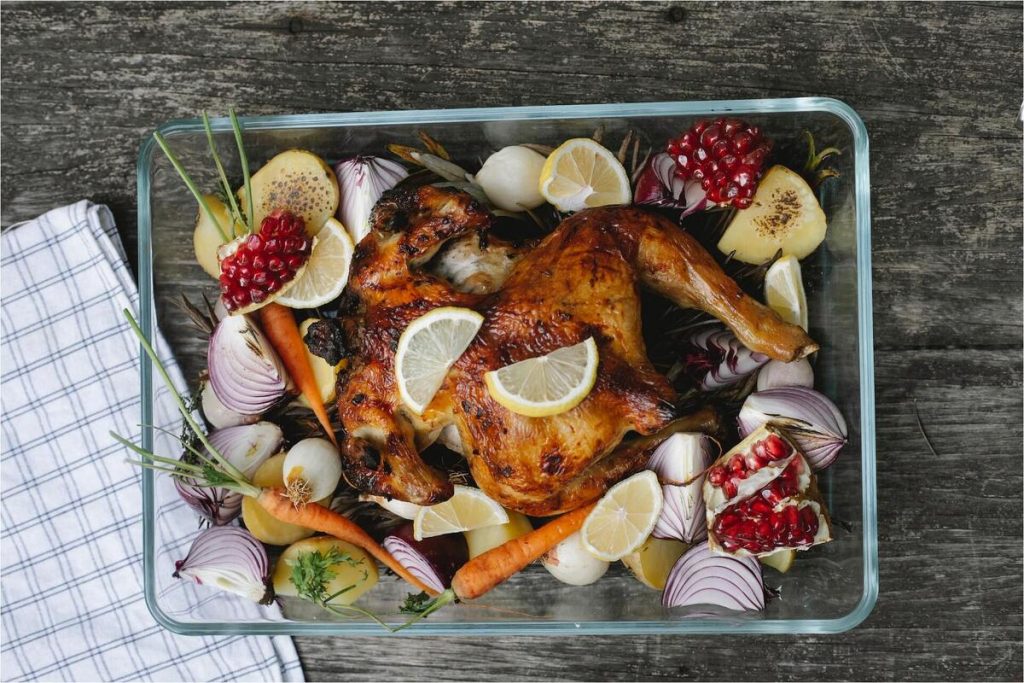
After a hike, it’s vital to replenish your body with the essential nutrients to recover and repair. Replenishing lost fluids, electrolytes, and nutrients is vital to help prevent muscle soreness and fatigue and promote overall recovery. A post-hike meal that balances lean protein, complex carbohydrates, and healthy fats are considered one of the best options to help replenish lost nutrients and aid muscle recovery.
Some healthy and satisfying post-hike meals include grilled chicken with quinoa and roasted vegetables, a salad with leafy greens, grilled salmon, and avocado, or a whole-grain wrap with roasted turkey, hummus, and veggies. Nutrient-dense meals like these are ideal for replenishing the body’s energy stores and restoring the essential nutrients lost during a hike.
Drinking plenty of fluids after a hike is also essential. Rehydration helps restore lost fluids and electrolytes, which are crucial for maintaining the body’s functions. It’s recommended that hikers drink at least 16 ounces of water or an electrolyte-rich beverage within 30 minutes of finishing a hike.
Replenishing nutrients after a hike is critical to help the body recover and repair. A post-hike meal with lean protein, complex carbohydrates, and healthy fats is a fantastic way to replenish lost nutrients. Additionally, drinking plenty of fluids, especially an electrolyte-rich beverage, is vital for restoring lost fluids and preventing dehydration. Following these tips can help your body recover from a hike and feel energized for your next adventure.
What should I not drink or Eat before a hike?
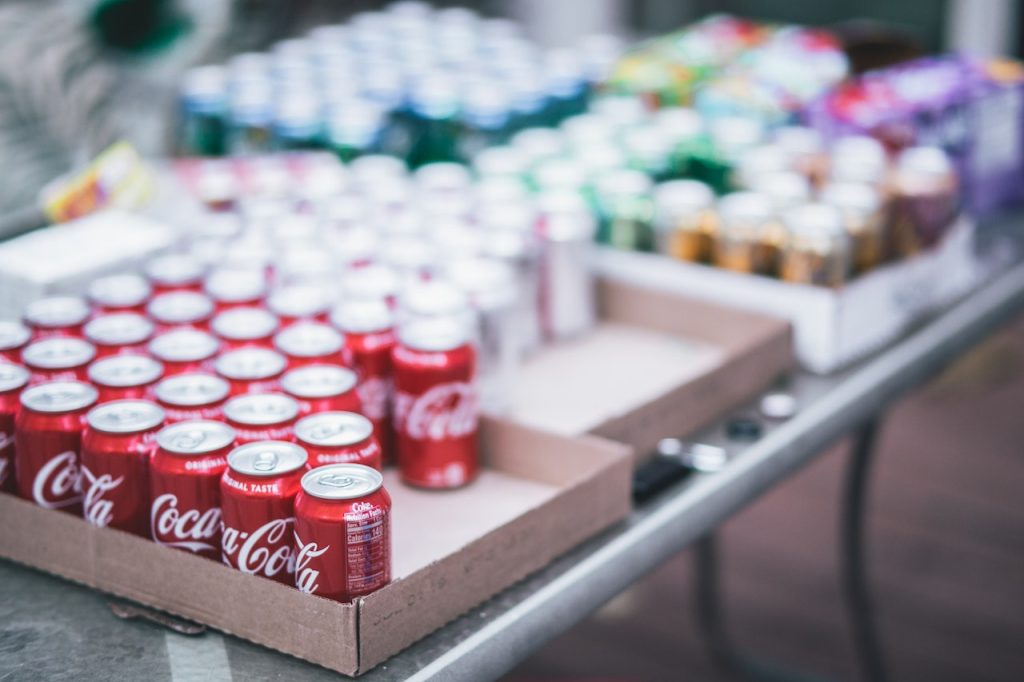
- Carbonated beverages:
Carbonated drinks can cause bloating and discomfort during a hike, so avoiding them before hitting the trail is best.
- Spicy or greasy foods:
Spicy or greasy foods can cause indigestion, heartburn, and nausea during a hike, which can be very uncomfortable.
- Alcohol:
Alcohol can dehydrate the body and affect balance and coordination, making consuming it dangerous before a hike.
- Caffeine:
While caffeine can provide an energy boost, it can also cause dehydration and jitteriness, which can be counterproductive during a hike.
- Heavy or oversized meals:
Eating a heavy or oversized meal before a hike can cause sluggishness and discomfort, so opting for lighter, nutrient-dense options is best.
Conclusion
Proper nutrition is crucial for hikers to perform their best on the trail. Eating a balance of nutrient-dense foods and staying hydrated helps replenish lost nutrients, maintain energy levels, and prevent discomfort and fatigue. It’s important to plan your meals and snacks and choose portable, easy-to-eat options that provide sustained energy to ensure a successful hike.
So, pack your backpack with the right foods and fuel your body for a fantastic adventure on the trail!
A Quick and Easy Recipe to Eat Before a Hike
Check out this recipe for a quick, easy, and scrumptious meal that is perfect for hikers to eat before hitting the trail!
Easy Trail Mix Yogurt Bowl
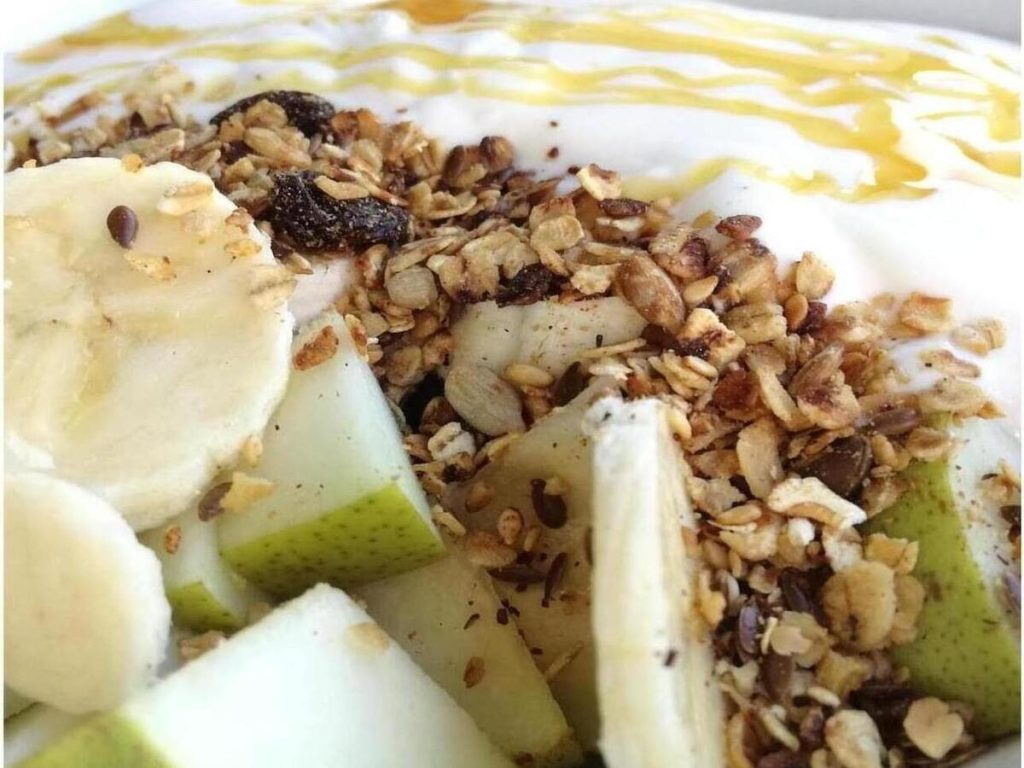
Ingredients:
- 1 cup plain Greek yogurt
- 1/4 cup of trail mix (with nuts, seeds, and dried fruit)
- One tablespoon of honey or maple syrup
- 1/2 teaspoon cinnamon
- Optional toppings: fresh fruit, granola, or additional nuts and seeds
Instructions:
- In a small bowl, mix the Greek yogurt, trail mix, honey or maple syrup, and cinnamon until well combined.
- Pour the smoothie into a tightly sealed, portable container and refrigerate until you’re ready to enjoy its refreshing taste and energizing benefits on your hike.
- When you’re ready to eat, add your desired toppings, and enjoy!
This easy and nutritious recipe balances protein, healthy fats, and carbohydrates, making it the perfect pre-hike meal to fuel your body for the adventure ahead. The trail mix provides sustained energy, while the Greek yogurt adds protein and probiotics to aid digestion. Plus, it’s portable and easy to take on the go!
Trailblazing Green Smoothie
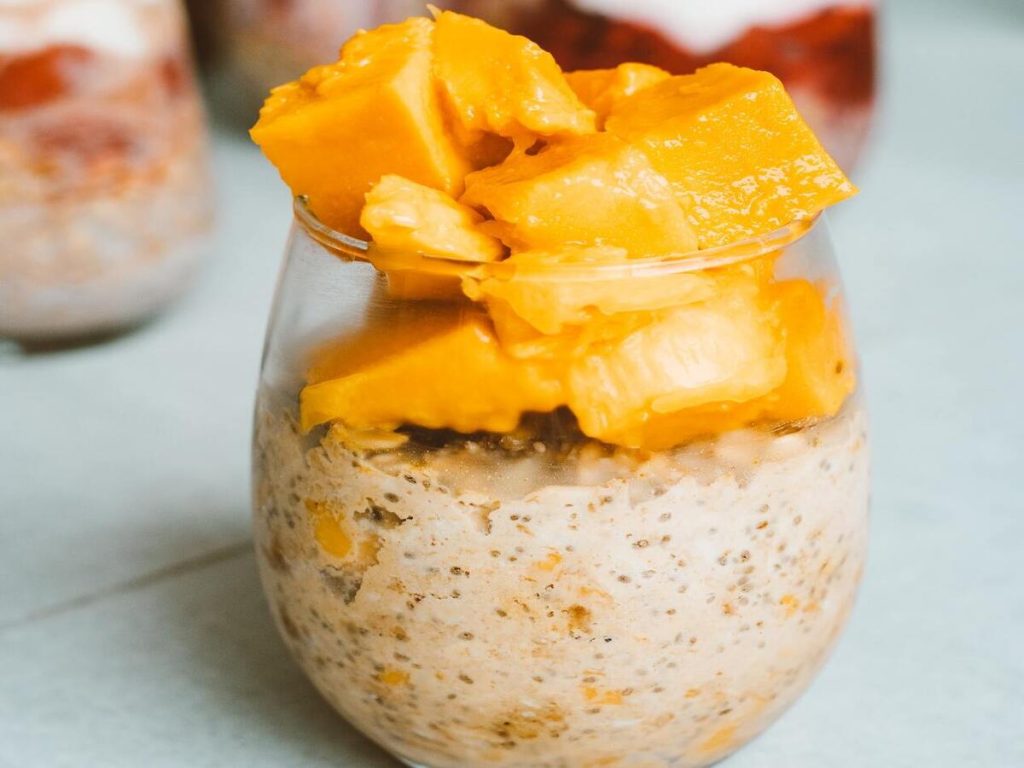
Here’s a simple and delicious smoothie recipe that’s perfect for hikers to drink before hitting the trail:
Ingredients:
- One ripe banana
- 1 cup of fresh spinach leaves
- 1/2 cup of frozen mango chunks
- 1/2 cup of frozen pineapple chunks
- 1/2 cup of coconut water
- 1/2 cup of unsweetened almond milk
- One tablespoon of chia seeds
Instructions:
- Add the banana, spinach, frozen mango, pineapple, coconut water, almond milk, and chia seeds in a blender.
- Blend until smooth and creamy.
- Pour the smoothie into a portable container with a tight-fitting lid, and refrigerate until ready to drink.
- When you’re ready to drink, shake it quickly, and enjoy!
This smoothie recipe is packed with energizing nutrients like vitamins, minerals, and fiber to keep you fueled and satisfied during your hike. The combination of fruit, coconut water, and almond milk provides hydration and natural sugars for sustained energy. The chia seeds add protein and healthy fats to keep you full longer. Plus, it’s easy to prepare and portable, making it the perfect pre-hike drink!
Happy Hiking!
You Might Also Like…
The Ultimate Guide to Hiking Boots with Red Laces
How to Store Food While Camping

